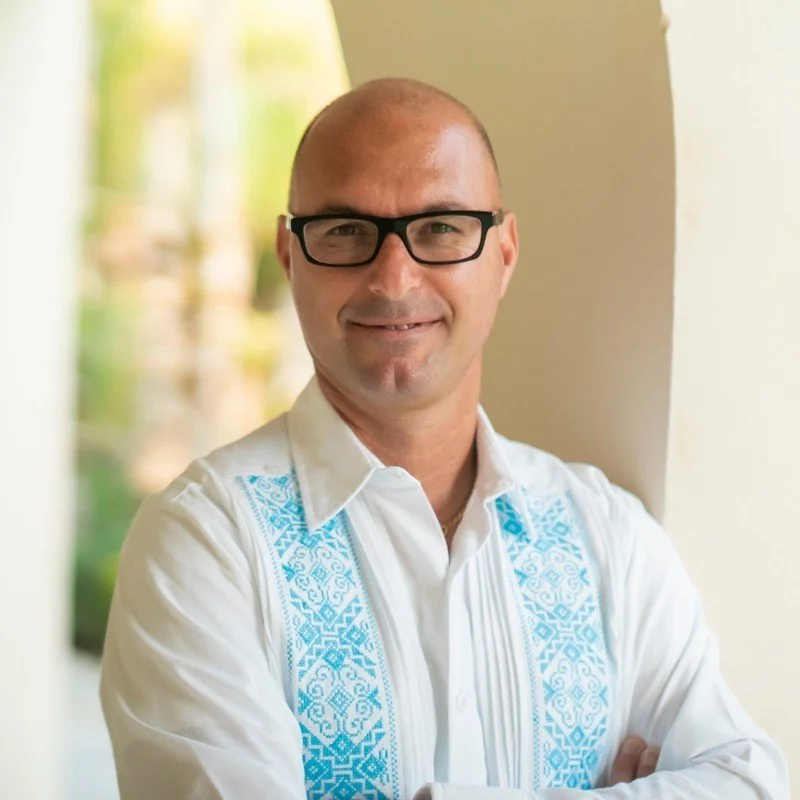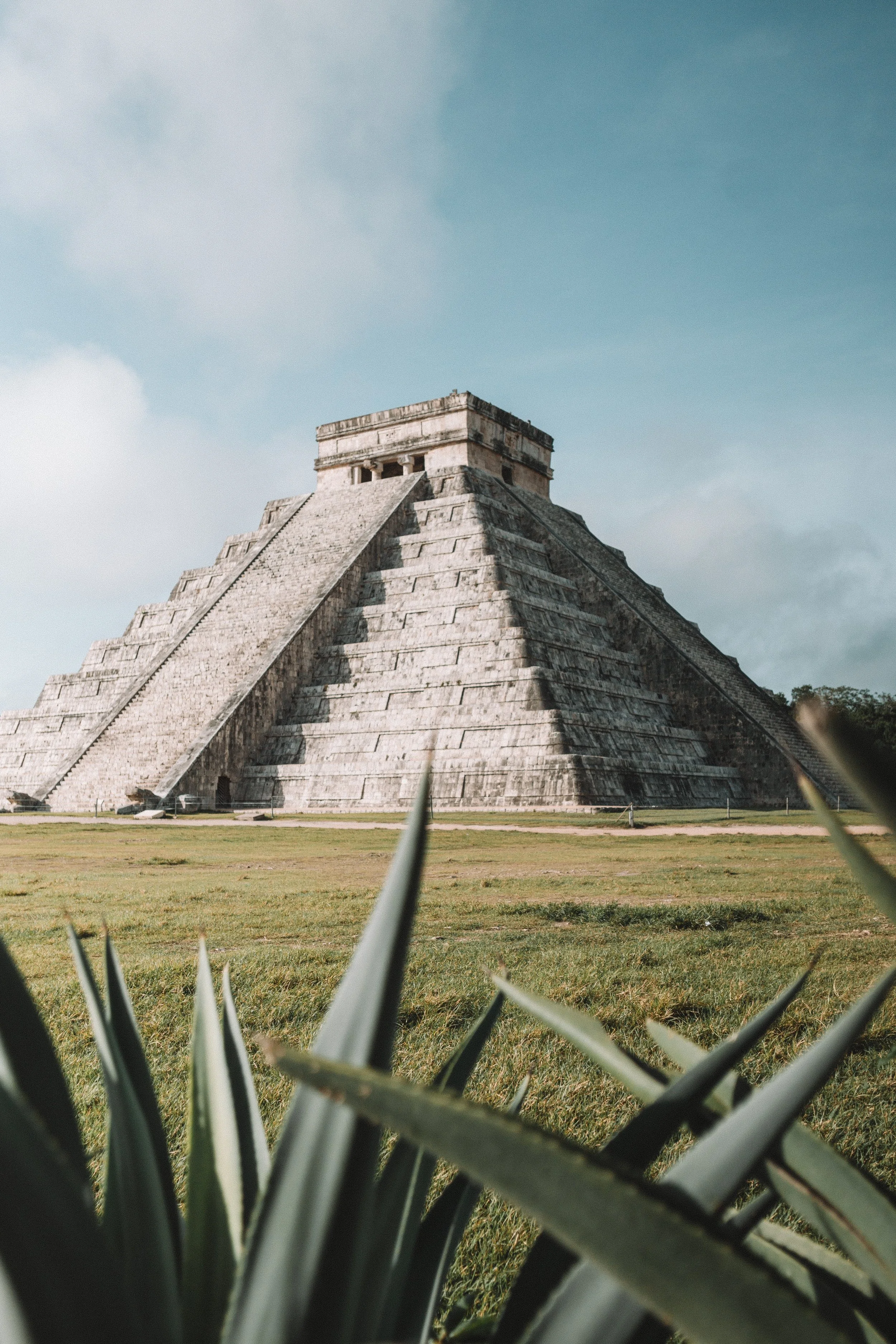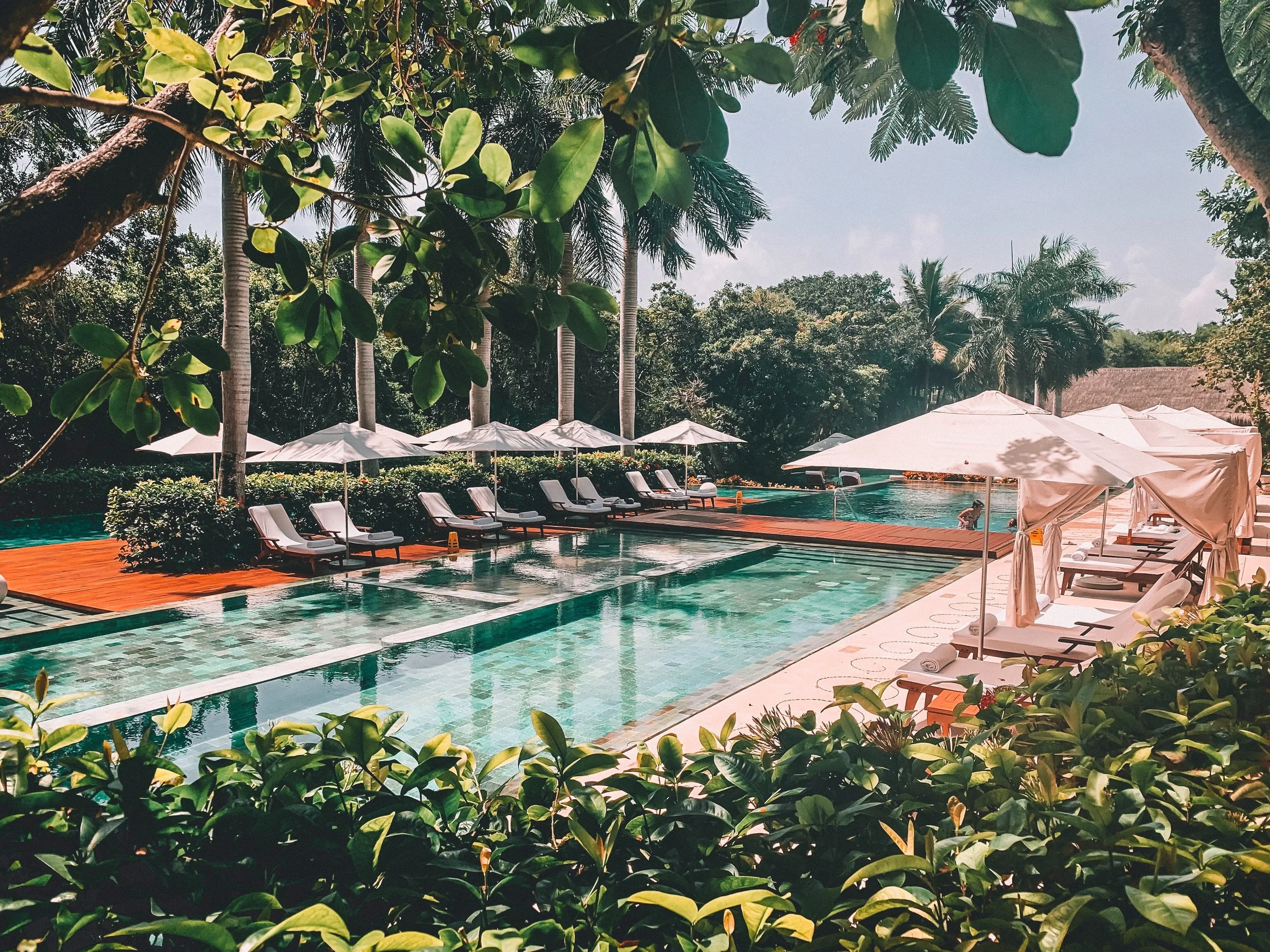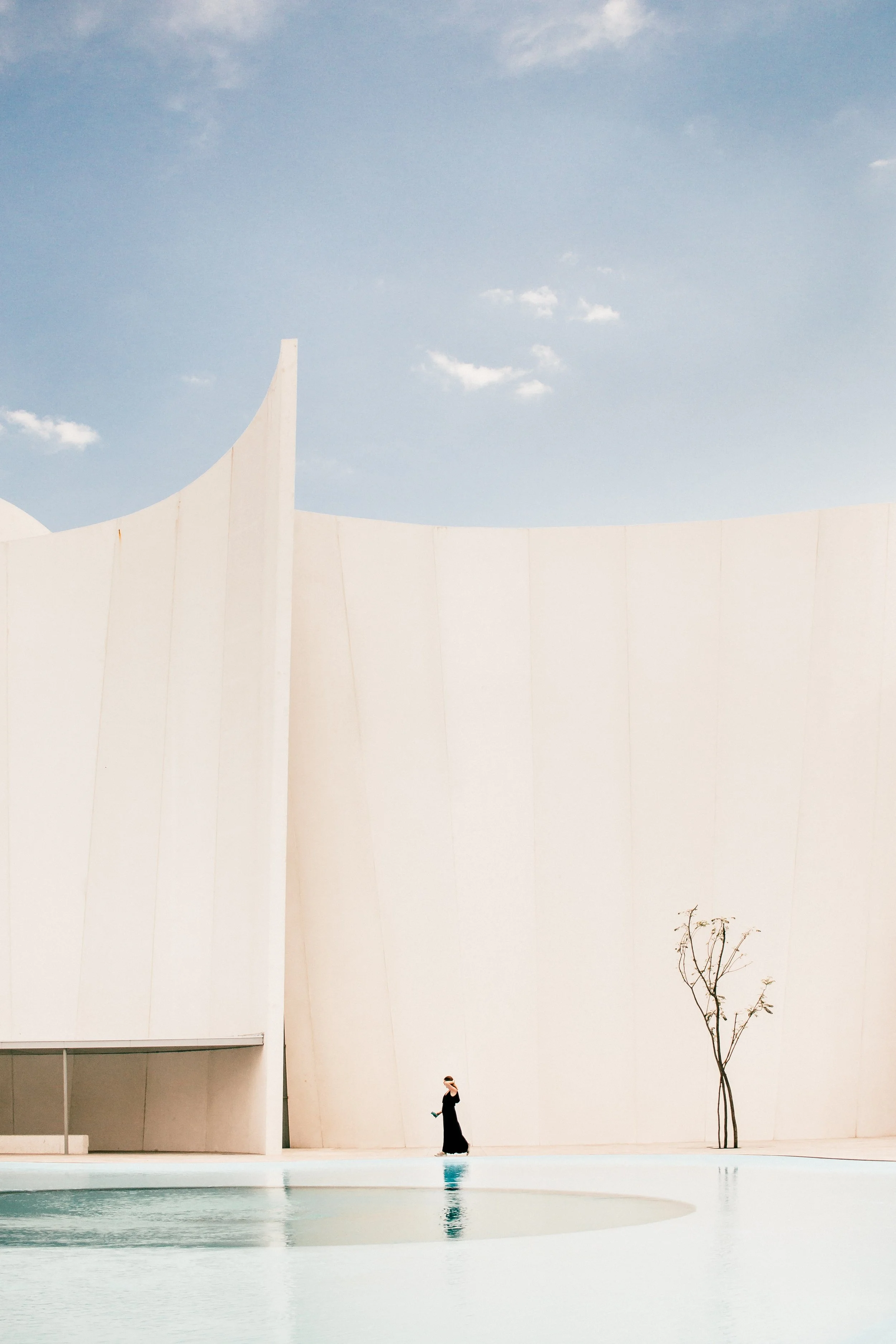Solutions for integrating wellness into your hotel strategy, with Rocco Bova
Synergy – The Retreat Show spoke to renowned hotelier Rocco Bova about the challenges, benefits, and potential opportunities of homing in on wellness as part of a holistic positioning strategy.
When did you first realize that wellness was beneficial from business standpoint?
Wellness has always been a topic close to my heart and became particularly personal recently after being involved in a bike accident. After 25 years in the industry, I recognise that it's important in people's lives not only for day-to-day contentment, but recovery too.
When I first joined the industry, I was involved with your standard spa developments, such as gym and massage offerings. However, I soon came to realise something was missing. As I grew in my position and became more involved as a manager, I started to champion wellbeing as important for staff as well as clients.
This was particularly the case during my time at a wellness resort called Chable' Resort, where for the first time, I was really able to put my beliefs and ideas into practice and make a meaningful change. This involved making wellness very much a part of staff culture, as well as something unique to offer guests. As a consequence, this resulted in increased efficiency and a substantial growth in business performance.
What are the key aspects of wellness that you've found beneficial for business?
I think it's important not to separate the traditional notion of wellness with what we refer to as new age wellness, as ultimately, they go hand in hand. In other words, this means creating a balance between what's new and trending, and the more traditional services you might associate with a spa. For example, even if you have a vision for an avant-garde wellness area, you're still going to want your more traditional aspects such as a gym and spots to rest.
New trends I've come across in hospitality include IV bars, and crystal rooms that are completely covered in crystals to generate positive energy. Another exciting movement is that of eccentric wellness, which has seen a rise in attention towards psychedelic drugs, shamanism and so on.
While these two approaches can be effectively combined, you need people to really understand how they integrate in order to implement them correctly and in a way which will genuinely benefit guests, staff and your overarching wellness 'brand'. First, you need to educate, before recruiting the relevant people to effectively put your vision into practice.
What have your experiences of implementing wellness strategies been?
First and foremost, you need to be an open-minded person. As a leader you cannot just think of a spa or wellness offering as a sales tactic. Instead, you need to observe it as a holistic experience – and an experience doesn't have a price.
One place I encountered had a shaman available and instead of a fixed fee, the management decided to ask for donations. This was very well received from guests, and by being open, the hotel was able to pioneer an interesting and profitable approach. Being open can also be beneficial in terms of learning and looking around to understand what is missing or required to fill in as a service or space.
For me, being based in Mexico meant I had to become open to the country's culture, encompassing its history, who its people are, and how it became important to central America. This has to be taken into consideration and included as part of the guest experience and identity of the brand. In other words, it's about bringing attention to you as a self and your own limitations as leader, first accepting what is currently around and in place, and then learning what you can from that.
What do you think blocks this development? What are people scared of?
From a leadership point of view, yes you may encounter those who are not as informed. Investors too can – understandably – have a fear of branching out and trying something new, for the risk of losing money in a turbulent climate. However, I have always held that when the risks are higher, the opportunities are also higher.
Have you witnessed a change in the hospitality industry, perhaps after Covid?
Change is all around, stemming from the way we communicate, meet and purchase. Change in travel and tourism specifically will probably accelerate over the next few years. Firstly, with regards to destinations and the purpose of travel (with wellness, sustainable and regenerative travel at the forefront), and secondly through the implementation of technology. As operators, we need to quickly prepare for and fully embrace these two aspects.
What can the industry do as a collective to positively impact this change?
Be open minded, do not resist change and communicate well to both consumers and team members. We do not need to disseminate panic. Change is generally for the better. I have changed so much over the past 30 years and I can foresee more change coming my way. If I don't adapt, I'll likely become extinct!
What do you envision for the future of wellness in hospitality?
Wellness needs to start with the people working within the business of hospitality. If we are not educated about it, we can't practice it, and this means not having the knowledge to inspire our guests. There is so much to be done in terms of 'education first'.
I see some adaptation of change management and life coaching into wellness. At times, we get stuck, and this can be for various reasons, whether a life-changing event, career move, loss of a loved one, or other major life event which might clog our vision. I believe wellness practitioners can and should assist guests in this transformational voyage into a new, clearer life.







